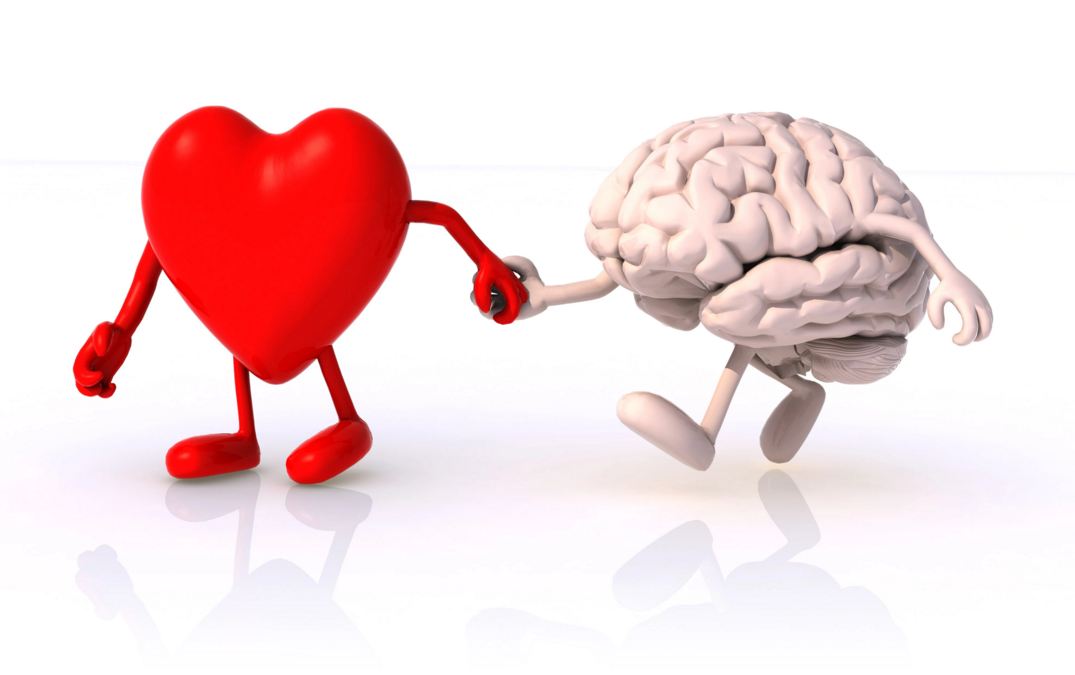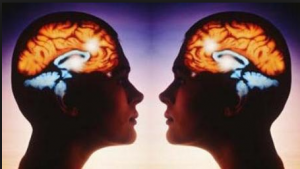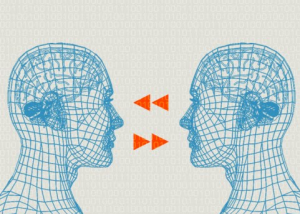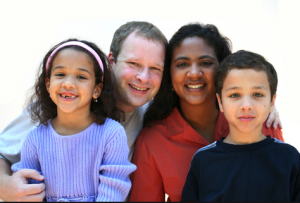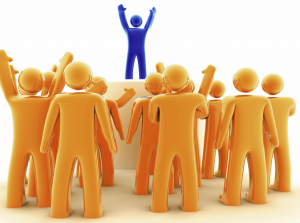 June 26, 2018
June 26, 2018
In this era of #MeToo, and controversy about “toxic masculinity,” some new research is very relevant: It indicates a shift is underway in how young men envision “manhood” — in their attitudes, their values, and their behavior — in their relationships, their careers, and their view of “success.” I think we’re in the midst of a generational evolution with large-scale societal and political implications.
To illustrate, one study of over 600 millennial-aged men found that they are likely to be selfless, in contrast to the old “looking out for number one” attitude. They are also socially engaged with issues and causes and are highly health-conscious.
Overall, this study from the University of British of Columbia found that the masculine value they most strongly endorsed was selflessness. As described in this report, “Ninety-one per cent of the men agreed that a man should help other people, and 80 percent believed that a man should give back to the community. Openness also ranked highly — 88 per cent said a man should be open to new ideas, new experiences, and new people — and so did health, with a majority of participants saying that men should be healthy or in good shape.”
Moreover, the traditionally “male” values ranked lower on the scale. They are still valued by the majority of participants, but less so than other values. For example, 75 per cent of the men said that a man should have physical strength, compared with 87 per cent who said a man should have intellectual strength, and 83 per cent who said emotional strength. Autonomy was also ranked lower, with 78 per cent saying that a man should be “independent.”
I think these findings are significant as generational shifts continue. Although the study was conducted with men from Western Canada, they likely reflect a broad, growing theme among the attitudes and values among younger people who enter adulthood in an increasingly diverse, interconnected world. As lead author John Oliffe said, they “…seem to be holding masculine values that are distinctly different from those of previous generations. These values may run counter to long-standing claims that young men are typically hedonistic, hypercompetitive, and that they risk or neglect their health.” Added co-author Nick Black, they “…are expanding their definition of masculinity to include values like openness and well-being. The study was published in Psychology of Men & Masculinity.
We’re also witnessing the impact of millennial values — among both men and women — upon the workplace, in how they deal with their work and careers. For example, a new study finds that millennials are prone to leave their jobs when they experience a “values gap” between themselves and the workplace culture – particularly around sustainability issues.
That’s especially notable because it contrasts with older generations. That is, many people report great dissatisfaction and dislike with their management and leadership culture, as many surveys and polls show. But most tend to suffer emotionally and physically; often frozen in place, perhaps from fear of losing what they already have, or insecurity about change.
Millennials appear to have a different mentality altogether. A summary of this new study from the University of Missouri reports that millennials tend to job hop – something well known about them, and that older workers don’t understand. And a major reason is that they feel a disconnection between their personal values and the workplace culture. As one of the researchers, Rachel LoMonaco-Benzing explained, “Not only did we find a gap, but we also found that workers were much more likely to leave a job if they felt their values were not reflected in the workplace.”
Co-author Jung Ha-Brookshire added “They have been raised with a sense of pro-social, pro-environment values, and they are looking to be engaged. If they find that a company doesn’t honor these values and contributions, many either will try to change the culture or find employment elsewhere.” The researchers say that companies need to understand that the new generation of workers have high ethical and social expectations. The study was published in the journal Sustainability.
All of these changes in values, attitudes and behavior among millennials are likely to have increasing impact on all realms of our society in the years ahead. Stay tuned!






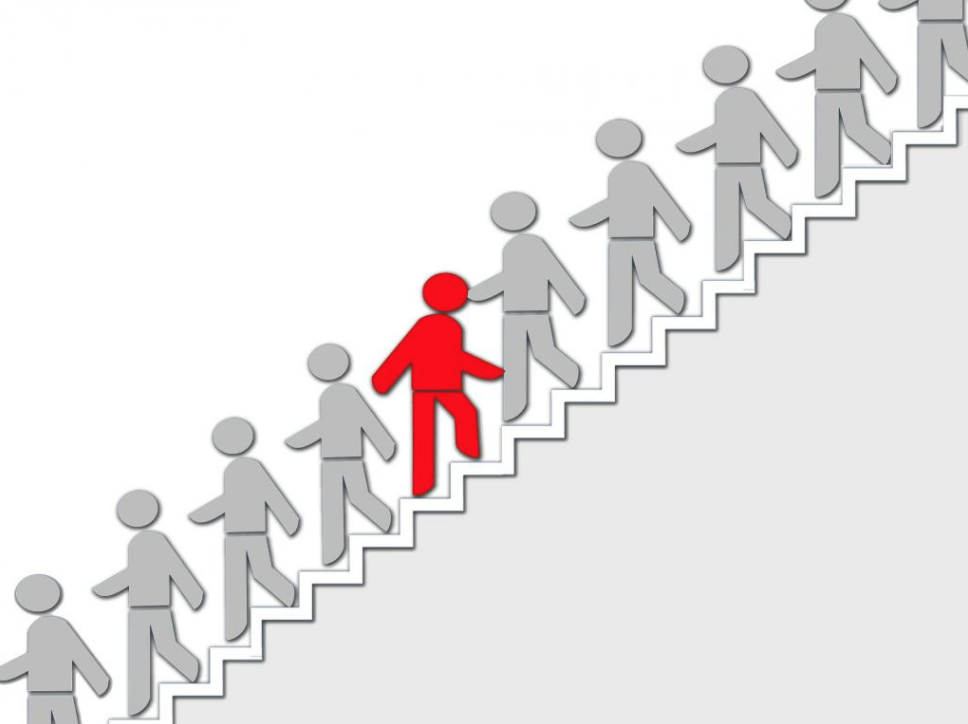


 Part of the Tabula Peutingeriana, a 13th-century copy of an ancient road map, with Rome at center.
Part of the Tabula Peutingeriana, a 13th-century copy of an ancient road map, with Rome at center.




